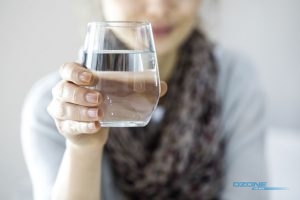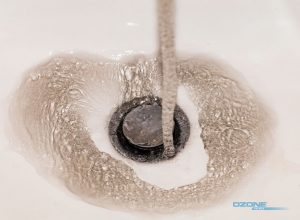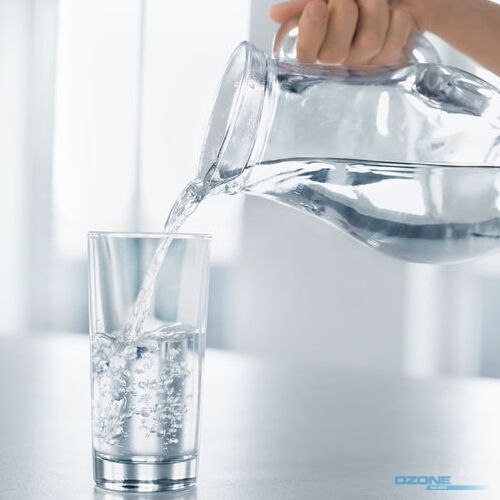
Learn More About Ozone Water Treatment
Your water is an important source of hydration yet there are many contaminants that can be swimming in them as they make their way from city water facilities, down main lines, and into your dwelling. In order to combat the bacteria that are prevalent in the water, there are several strategies that are put in place to treat water. Ozone water treatment is just one of many solutions for water purification out there that could work for your property. Ultimately, it’s best to get your water tested by a professional and discuss what options would work best based on your water quality. Consult your local water treatment company for available services, until then, here is some general information with ozone water treatment that may prove useful to you.
How is ozone generated for water treatment?
Ozone is produced when oxygen (O2) molecules are taken away from an energy source and put into oxygen atoms. These atoms then collide with the oxygen molecule to form a gas that is unstable (O3) which is what is used to disinfect wastewater.
What happens to ozone in water?
With ozone added to water a chain of reactions occurs, which is complex that involves radicals like hydroxyl (OH) which is stronger than ozone itself. Oxidation with molecular ozone is slower than oxidation with hydroxyl radicals which happens very fast.
How does ozone kill bacteria in water?
Ozone water treatment will oxidize organic materials inside bacterial membranes by weakening the cell wall leading to cell rupture. This will expose the cell to the environment which will ultimately cause the immediate death of the cell. The ozonation standard for killing most organisms is a three minute contact time of maintaining 0.3 ppm.
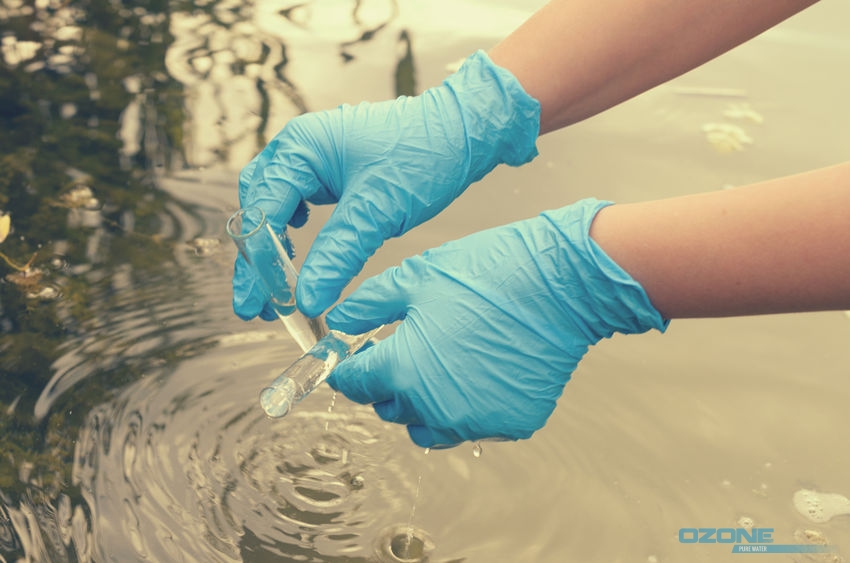
Does ozone water treatment kill bacteria?
- Bacteria as well as
- Cryptosporidium
- Fungi
- Giardia
- Microbes
- Molds
- Parasites
- Giardia
Is ozonated water healthy?
Ozone water treatment is healthy and shown to possess antibacterial effects. Direct inhalation of O3 is what’s dangerous with side-effects that emerge which is why in order to heighten both safety and effectiveness ozone dissolved in water.
Why do they put ozone in water?
In order to remove harmful microorganisms and to disinfect water, ozone water treatment can be implemented to mineral or spring waters. It can also be effective in removing flavors and odors as it breaks them down into oxygen which can improve taste and other aspects.
Ozone Water Treatment for Plants
Ozone water treatment for plants is often a good idea as they will increase the level of oxygen in the water. As oxygen-enriched water will ultimately feed the plant it’s development will be improved in growth and health.
How much ozone is used in water treatment?
There is a required amount of ozone is .44 mg ozone/mg Fe. With drinking water Hydrogen Sulfide (H2S) is often removed in order to make water have a better taste.
Is ozone treated water safe to drink?
Ozone water is safe to consume and it can also be used for pool and hot tubs.
Ozone Water Purification for Swimming Pools
Ozone water treatment can be a viable alternative option when you’re looking for a disinfectant for your pool. It can be used to replace the bromine and chlorine disinfection chemicals. Ozone has the advantage of having the environment of the swimming pool increase dramatically.
Does ozone change pH water?
Ozone water treatment won’t affect the pH of water, it will instead oxidize the contaminants which are causing an adjusted pH.
Ozone Water Treatment for Hot Tubs
A hot tub ozonator is the device that’s typically used to generate and inject ozone gas into the spa water. What this will do is reduce the number of chemicals in the water as well as take away impurities in order to keep the water clear and conditions enjoyable.
How is ozone removed from water?
Ozone is removed from water by UV light which will quickly break or dissociate the oxygen bonds in the ozone molecule. With this UV energy ozone will be catalyzed into oxygen.
Contact A Professional For Assistance
If you’re looking to improve your water with ozone water treatment your local water treatment company will be able to provide you with the services that you need. It’s important to stay healthy and hydrated no matter the season, and with cleaner water, you’ll benefit from a better taste and mindset. With all of the options available for water treatment make sure to weigh them out to see what may work more optimally for your property. You may even be able to combine different water treatment and purification systems for heightened clean water. See what may be able to work for your property’s specifications with a professional. If ozone water treatment sounds right for you, go ahead and make the move for better water today.
If you’re interested in ozone water treatment in Leander, TX call 800-633-8469 with Ozone Pure Water!

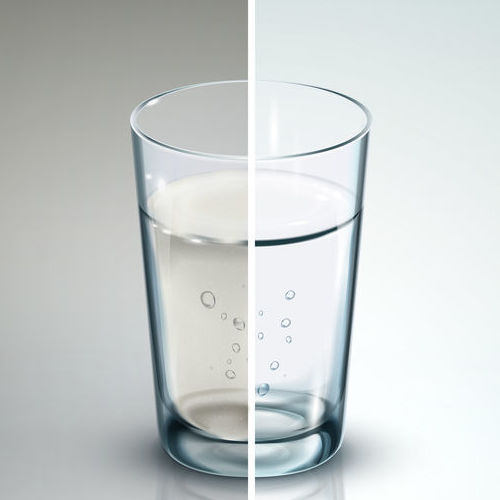

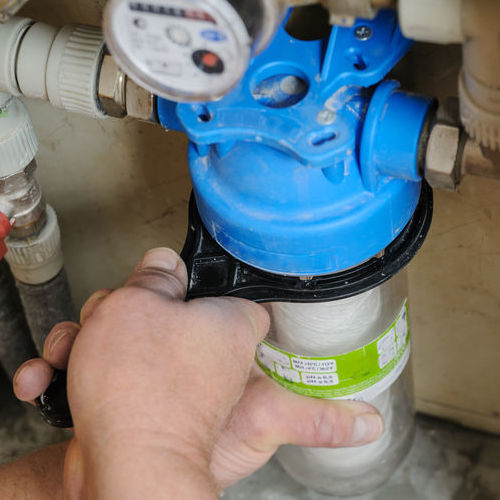
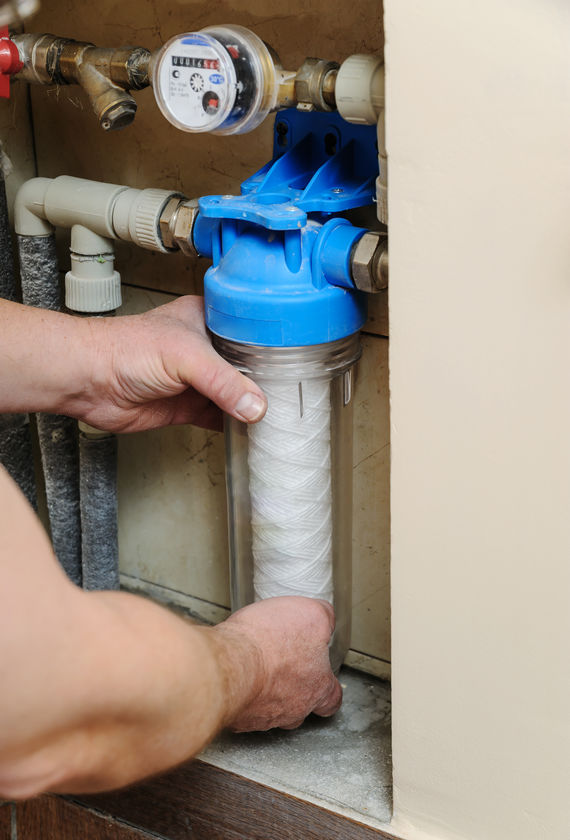
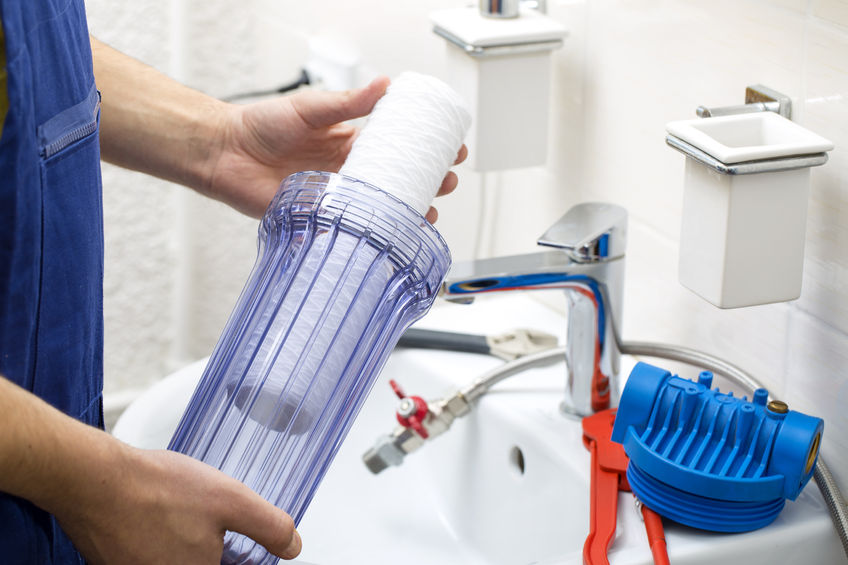
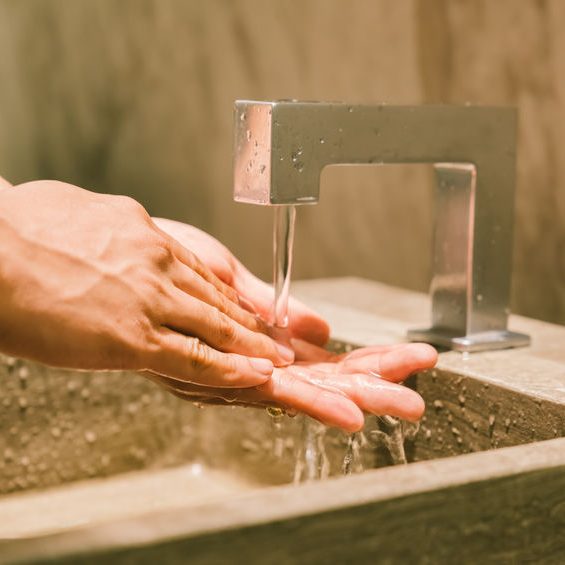
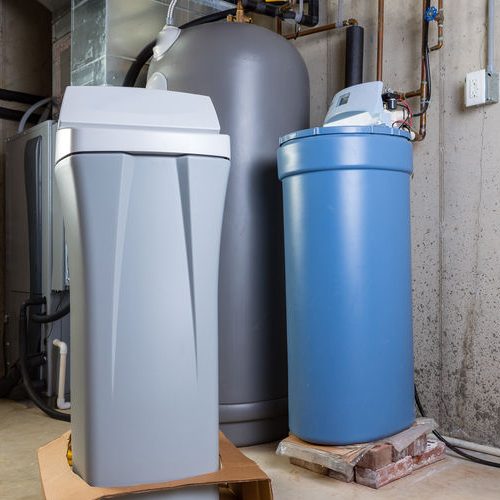

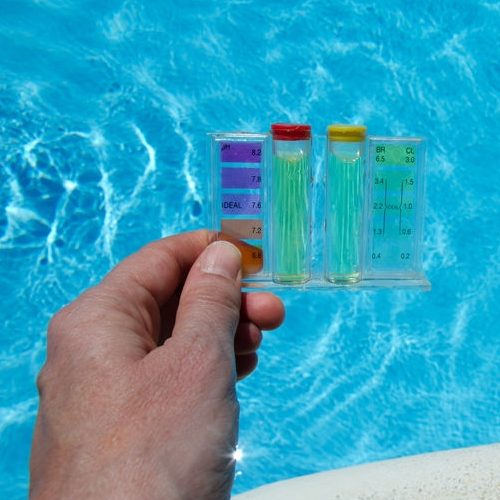

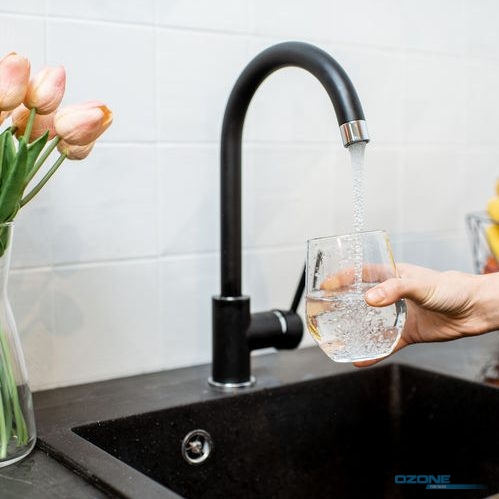
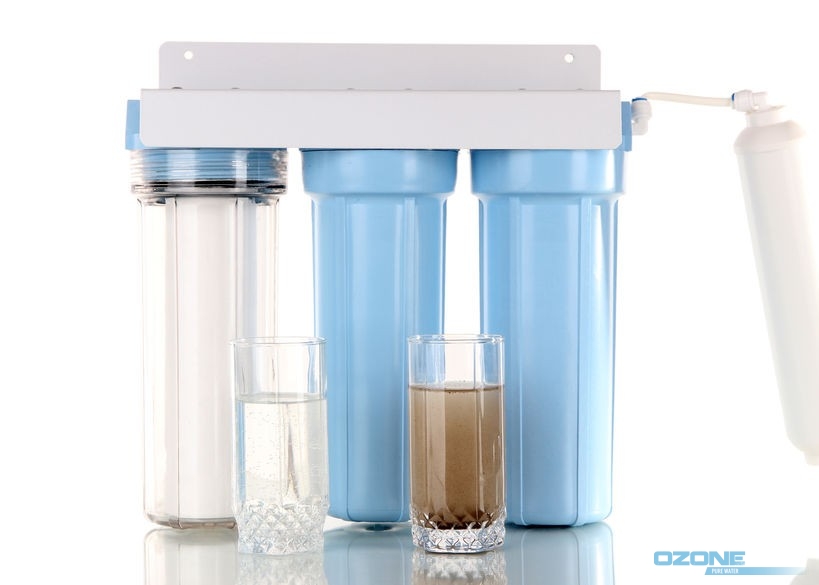

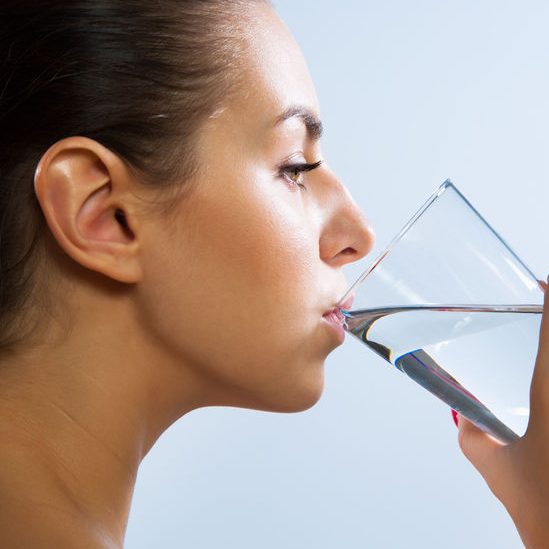

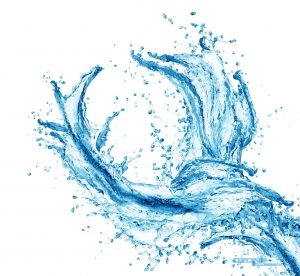 Like a whole home test, drinking water tests are done by taking a small sample of water and screening it for a list of toxins and impurities. Many times, these tests are completed by using chemical reactive results such as litmus paper to distinguish exactly what is in your water. From there, your water specialist can help you decide which type of filtration or purification is best for your needs.
Like a whole home test, drinking water tests are done by taking a small sample of water and screening it for a list of toxins and impurities. Many times, these tests are completed by using chemical reactive results such as litmus paper to distinguish exactly what is in your water. From there, your water specialist can help you decide which type of filtration or purification is best for your needs.